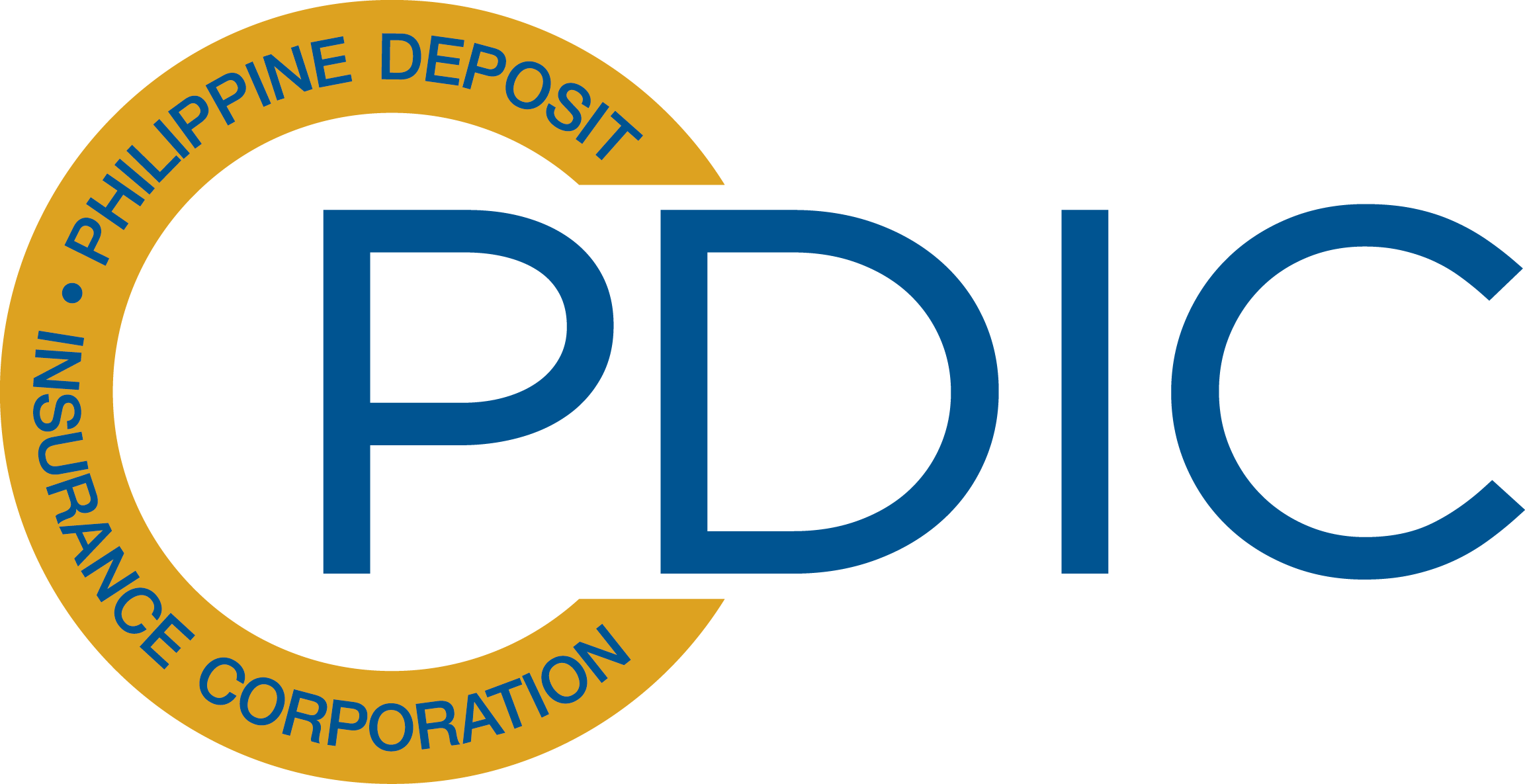| ARCHIVE |
Arroyo pushes P100-B fund |
President Gloria Macapagal-Arroyo is supporting a plan to set up a P100-billion program aimed at upgrading expressways, roads and bridges as a means to pump-prime the economy amid the global economic slowdown. Speaking before business leaders, the President said Wednesday she was open to tapping government financing institutions (GFIs) for the proposed fund, as she outlined contingency plans against a recession in the United States, a major trading partner of the Philippines. Arroyo said Donald Dee, chairman emeritus of the Philippine Chamber of Commerce and Industry (PCCI), had suggested that P50 billion would be drawn from the GFIs and an equal amount from private banks. “I welcome the proposal given to me on the platform by Donald,” she said in her speech at the Philippine Business Conference and Exposition, an annual event of the PCCI. Dee said the proposed P100-billion fund for infrastructure upgrade was an offshoot of a brainstorming he had with Romulo Neri, president of the state-run pension fund Social Security System (SSS), and Reynaldo David, president of state-owned Development Bank of the Philippines (DBP). He said the government investment unit National Development Co. (NDC), the DBP and the SSS had committed P10 billion each to the public sector counterpart of the fund, and he would next talk with other GFIs and banks to complete the fund. The SSS, DBP and NDC “will invest jointly with the private sector to create the growth momentum,” Dee said. “For every peso that you put in, you will have a seven times multiplying effect in terms of the jobs that it will create.” At a news briefing in Malacañang later in the afternoon, Finance Secretary Margarito Teves said the PCCI proposed tapping half of the P100 billion from GFIs so as not to touch the national budget. When asked whether the government was realigning funds from GFIs for the infrastructure upgrade, Teves said, “Not necessarily. Implicitly, they have money for this outside of their own commitments or existing priorities.” Sen. Manuel Roxas II has proposed that P100 billion from the proposed budget for 2009 be realigned to benefit food, education and health sectors to cushion the impact of the global financial crisis on the country. An economic adviser to the President, Gov. Jose Salceda of Albay province, is also calling for a realignment of a part of the proposed budget for next year. He wants the realignment of P33 billion from capital spending to direct subsidies for education, health service and food. In her speech, President Arroyo said the P100-billion program was getting the support of various sectors. “We hope the private banking sector will join in this,” she said. “In that way, we can put our money in human capital formation, which will provide direct income and services to the poor during the coming period,” she added. The President said the economy could withstand the effects of a US recession because of the solid banking system in the country, increasing foreign exchange remittances from overseas Filipino workers, a growing business process outsourcing (BPO) sector, a manageable budget deficit, and slowing inflation, among other good economic factors. “The Philippine economy has certain shock absorbers,” she said. In her speech, the President said the government should upgrade the country’s infrastructures under a Comprehensive Integrated Investment Program (CIIP) to stimulate the economy. The CIIP contains projects funded by both public and private sources, including the national budget, official development assistance, cost sharing between the national government and local government units, private-public sector partnerships, joint ventures, among others. The government has placed at P2 trillion the investment requirement to implement the CIIP from 2008 to 2010. The transport sector alone will need P755 billion under the program. Arroyo said the government would increasingly tap the private sector for priority transport projects under the build-operate-transfer (BOT) law. These projects include the Tarlac-Pangasinan-La Union Toll Expressway, C-6 Road, Manila-Cavite Coastal Road, the North Metro Manila Skyway, Southern Luzon Expressway and Southern Luzon Arterial Road. “But if the US recession happens, we would need more private financing and BOT so that we can realign some of our infrastructure money to strengthen programs that promote human capital formation,” Arroyo said. These programs include conditional cash transfers, scholarships, rice procurements and health insurance, among others, designed to carry families through an economic slowdown. Dee said the government would go ahead with the upgrade of major infrastructure projects whether or not the United States slid into recession. He said of the President’s message: “What she’s saying is, ‘I’m not going to wait. I’m going to do it to make sure that the economy is sustained.’” The President also announced other strategies to pump-prime the economy and shield different sectors from the impact of a US recession:
“This is a time for business groups to take advantage of the strength and financial liquidity of our banking system to expand your role in your respective markets,” the President told the business leaders. (Inquirer.net, 10/23/2008) |
back |
This website uses information-gathering tools including cookies and other similar technology. Data generated are not shared with any other party. For more information, please refer to our privacy policy.
 PDIC is a government instrumentality created in 1963
PDIC is a government instrumentality created in 1963by virtue of Republic Act 3591, as amended, to insure
the deposits of all banks. PDIC exists to protect
depositors by providing deposit insurance coverage for the depositing public and help promote financial stability. PDIC is an attached agency of the Bangko Sentral ng Pilipinas.

Questions? Need Help?
Click Frequently Asked Questions
Trunkline.: (632) 8841-4000
Hotline: (632) 8841-4141
(for Metro Manila clients)
Fax No.: (632) 8841-4085
Email: pad@pdic.gov.ph
Client outside Metro Manila may call
Toll Free: 1-800-1-888-7342 or
1-800-1-888-PDIC

.png?Saturday; May 18, 2024)

Hotline: (632) 8841-4141
(for Metro Manila clients)
Fax No.: (632) 8841-4085
Email: pad@pdic.gov.ph
Client outside Metro Manila may call
Toll Free: 1-800-1-888-7342 or
1-800-1-888-PDIC

.jpeg)
.png)


